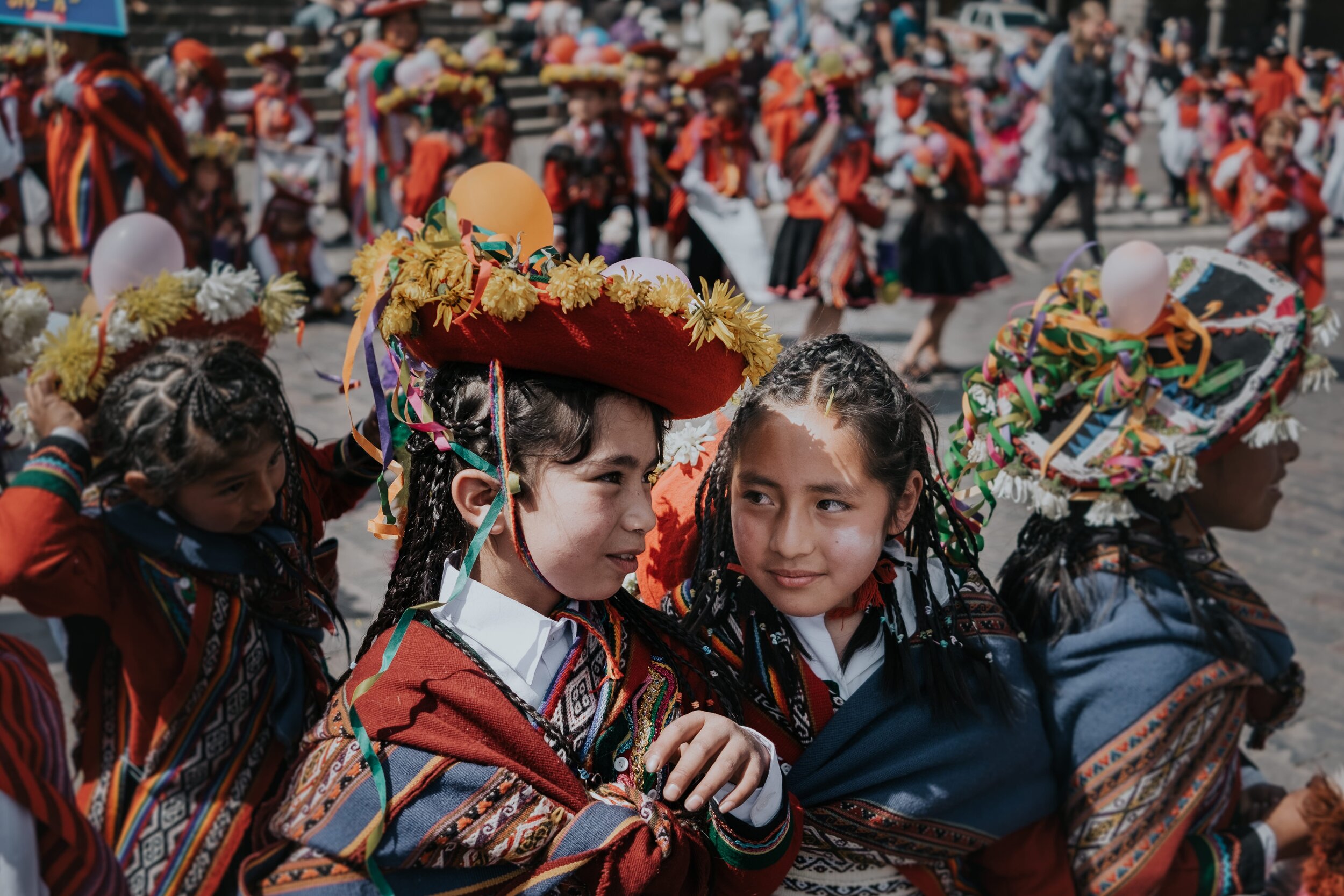
Peru
Peru is home to 10 genetic families of cacao beans, giving the country a diverse growing portfolio.
Production
Peruvian cacao bean production was roughly 121,825 tons over the 2020/2021 season (per WorldAtlas). Peru is the world’s largest organic cocoa bean exporter though, which fetches a higher price on markets than non-organic cocoa (per Confectionary News). An estimated 40,000 hectares of Peru are dedicated to cocoa plantations, mainly in the Eastern Andes and Peruvian Amazon regions (per Confectionary News). Peru is a leading producer of coca, and drug cartels make it hard for farmers to move into legitimate farming (per USAID). Due to this, Peruvian cocoa production is not at its full potential.
Labor and Business
Much like other cocoa-producing countries, the majority of Peruvian cocoa production happens on small-holder farms. In fact, the average Peruvian cocoa farmer operates only 2 hectares of cocoa plants (per Confectionary News). The Peruvian cocoa industry employs more than 100,000 families, and is the second biggest employer for agricultural products in the country (per Rikolto). 87% of the 2019/2020 cacao supply has been exported in the form of cocoa beans, cocoa butter, cocoa powder or chocolate, worth a total of USD 294,000,000 (per AgriLinks). Peru has increasingly exported more processed and manufactured cocoa though, only 60-70% of its cocoa exports are raw beans (per Confectionary News). This has a positive effect on the Peruvian economy, as processed and manufactured cocoa goods are higher on the value chain than raw cacao beans.
Notable Programs
The Peru Cacao Alliance is a public-private initiative, made up of over thirty businesses and cooperatives related to the cacao/chocolate-manufacturing industry. It seeks to make the Peruvian cacao value chain more competitive and targets the regions of San Martin, Huanuco and Ucayali. It is supported by USAID.
By providing training and tools through the Kemito Ene cooperative, the Rainforest Foundation UK has been supporting the Asháninka people both through improving post-harvest and production techniques and by building the cooperative’s capacity to sell its increasingly high-quality products on the global market.


